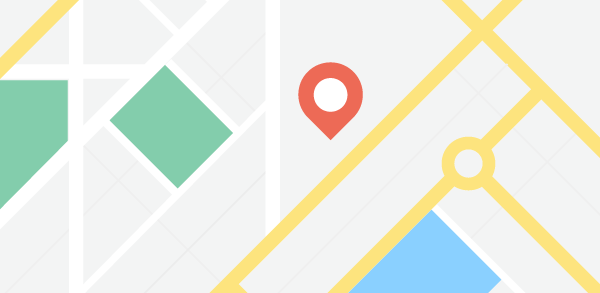History, Language & Culture Morocco
Morocco, a regional power, is independent and has not been tampered with or invaded by its neighbors since Sultan Molay Idris I founded the first Moroccan state in 1332 AD. During the Almoravid and Allohad dynasties that occupied part of the Iberian Peninsula and Northwest Africa. The Marinid and Saadi dynasties have taken a stand against foreign aggression. Moreover, Morocco is the only North African country that has avoided occupation from the Ottoman Empire. The Alauai dynasty, which ruled the country at present, came to power in Morocco since 1631. In 1912, Morocco was divided into a French protectorate. Morocco was a Spanish protectorate with international districts in Tangier and returned to independence in 1956. The Moroccan culture is a blend of Berber, Arab, Western Africa and European influences. Morocco claims that the Western Sahara, a non-self-governing territory that used to be the Spanish sub-Saharan, was a southern province of Morocco. After Spain agreed to liberate the land to Morocco and Mauritania in 1975, the Sahrawi people waged a guerrilla war. Mauritania withdrew from its occupied territories in 1979 and a prolonged war ended with a ceasefire in 1991.Morocco now occupies two thirds of the territory. Morocco is a constitutional monarchy with an elected parliament. The Moroccan king has considerable executive and legislative power. Especially the military Foreign policy and religion Executive power issued by the government While the Legislature belongs to the government and the Moroccan House of Representatives and the Council of both Houses. The king can issue a decree called Dahir, which is in effect by law. In addition, the King can dissolve parliament after consulting the Prime Minister and Chairman of the Constitutional Court. Most of the Moroccan people are Muslims and their official languages are Arabic and Berber. Berber was the primary language of Morocco before Arabic came into existence in the 600th century.



